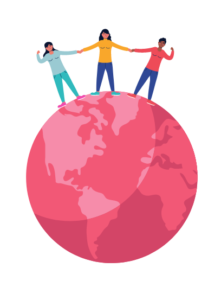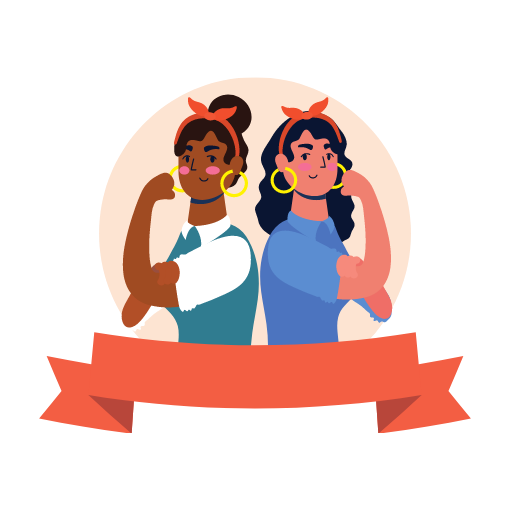International Women's Day Statistics
There have been many pitfalls and progressions within gender equality over the course of the last 12 months. But the last year has been incredibly hectic and head spinning for some of us, so we’ve put together a whistle-stop tour of some instances that will help get you up to date. Hopefully, the instances listed below will inspire you to challenge gender inequality today.

First of all, we will be setting the pace with quantitative facts from various reports and surveys that have occurred in the last year. It is important to remain up to date with new information so you can remain critical but also motivated. Here are a few statistics which reveal the current climate of gender inequality:
- 97 per cent of women aged between 18-24 years of age have experienced sexual harassment, whilst 80 per cent of women of all ages have experienced sexual harassment (The Guardian)
- Half of trans people (51 per cent) have hidden their identity at work for fear of discrimination in the UK (Stonewall)
- Athena health reported that black female doctors represent only 2 per cent of physicians/doctors in the USA (Forbes)
- Only 25 per cent of the global political seats are occupied by women, but in some countries, women are not represented at all (The Global Gender Gap Index 2020)
It can be difficult to make sense of all of these statistics. They are incredibly important as they convey the severity of issues and their impact on men and women in society. But we do not perceive our lives as percentages. We only see our experiences as qualitative, lived through instances. And these instances, whilst not always being included in global surveys, are just as vital and need to be documented.
We have noted a few occurrences over the past 12 months, that caused shockwaves when they were first reported on. These are:
- Tokyo Olympics Chief, Yoshiro Mori, stated, “If we increase the number of female board members, we have to make sure their speaking time is restricted somewhat, they have difficulty finishing, which is annoying.” (The Telegraph)
- Dublin musician Emmanuel ‘Smiley’ Osungboun commented during a podcast, “Because I knew I was arranging for them [women], and they probably haven’t played with arrangements before like syncopations and little chord substitutions…so, I was just like: let me simplify these arrangements. Let me make it more A-B-C.” (Hotpress)
- News broadcaster Piers Morgan said he “didn’t believe a word of it” when speaking about Meghan Markle’s mental health difficulties (Sky News).

These examples illustrate how widespread gender inequality is and how it permeates through every layer of our lives, such as sports, music, and entertainment. Gender inequality presents itself in many different ways. Through building an awareness of these everyday experiences, we will be able to begin breaking down the pyramid of gender inequality.
Reading this article, with so many jarring and disappointing statistics, can be very overwhelming. Despite these setbacks, there have been innumerable leaps forward throughout the world. Once again, these vary in appearance and severity. We have compiled a short list of the advances that have been made towards gender equality over the last 12 months. We hope these will continue to inspire you.
- Sudan criminalised FGM (BBC News)
- Denmark passed a new law defining rape as sex without consent (The Guardian)
- Sierra Leone overturned a ban prohibiting pregnant girls going to school (Amnesty)
- The UK abolished tampon tax and Scotland made period products free for all (BBC News)
- Women’s Rights activist Loujain Al-Hathoul was freed from prison (The Guardian)
- Kamala Harris became the first ever African-American, Asian-American woman Vice President of the USA (BBC News)
- Ngozi Okonjo-Iweala made history as the first female director-general of the WTO (BBC News)
#ChooseToChallenge
There is so much to be done, so much to be challenged. As a woman, it may feel like you are resisting an overwhelming force. And you may be. But there are so many other women who are also resisting, who are also challenging. We can all challenge gender inequality. We can all make the decision to start today, so that our tomorrow may be a more equal world.

Click here to view our International Women’s Day Resources and Support!